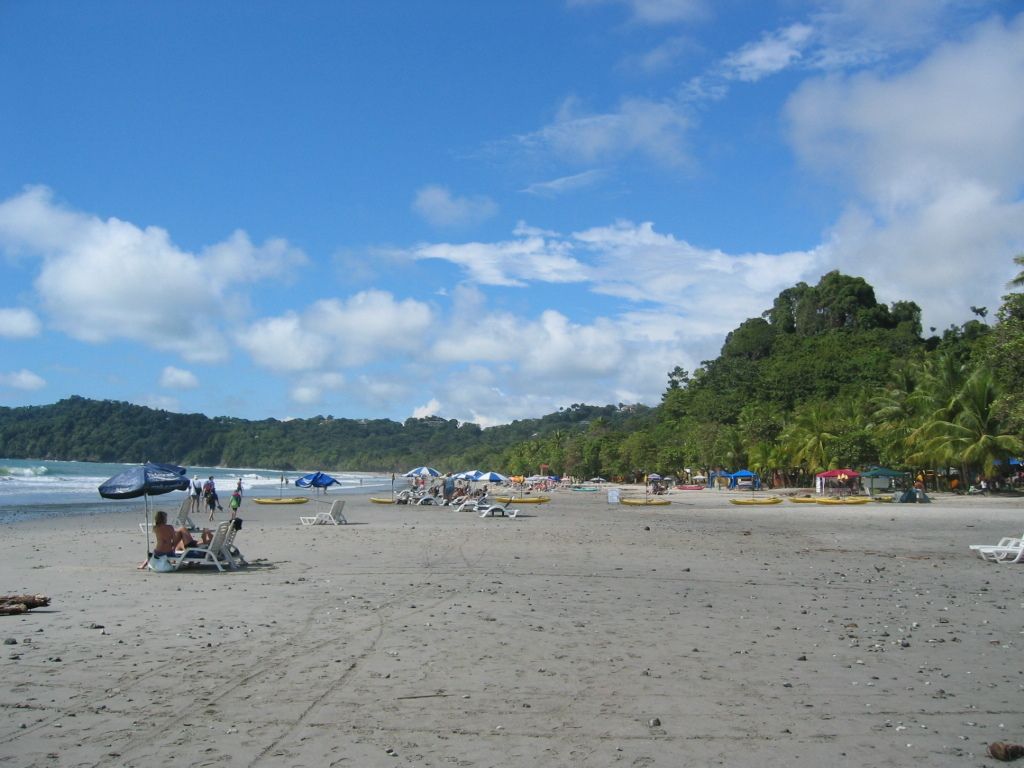Irksome Expressions Used in Job Vacancies, Annoying Local Residents of Altai Region
Annoying Job Listing Words: "Multitasking" Tops the List
In a survey conducted by SuperJob, a job search service, people from the Altai region revealed the word that annoys job seekers the most in job postings - "multitasking." Over 41% of respondents mentioned it as the most irritating term, even beating out "stress resistance."
Why is this word so grating? Well, with staff shortages and internal job combinations becoming common, it's not hard to see why.
The Top 3 Pet Peeves
Apart from "multitasking," other bothersome phrases include "stress resistance" (10%), especially when it's stated in jobs where nervous tension isn't expected. The phrase "friendly team" (8%) is also on the list, often being a red flag for companies where the opposite is true. Lastly, the phrase "competitive salary" without a specific amount (7%) and "ambitious company" (5%) rank high on the annoyance scale.
Additionally, 2% of respondents dislike English loanwords such as team building, meetup, developer, deadline, coach, networking, release, trend, skills, onboarding, etc. and various abbreviations in both Russian and English like sku, cv, B2B, B2C, KPI, SEO, etc.
Beyond Words: Content Complaints
Sometimes, it's not just words that bother job seekers. For instance, 5% of survey participants expressed dissatisfaction with the content of job listings. They complain when the salary is indicated as negotiable (27%), job experience requirements are inflated (24%), descriptions of duties or company activities are too brief (14%), or promises to contact lack organizational contacts (8%). They're also annoyed by indicating salary before tax deductions (7%).
High Salary Offers: Who Says Yes?
In Russia’s Altai region, the average monthly salary outside government work is around 24,570 rubles, quite below the national average wage of 84,000 rubles in 2024. If a salary offer is set at 2–3 times the "average market rate" for the specific area or sector, it would be significantly above local norms—potentially falling within a range of 49,140 to 73,710 rubles monthly for the Altai region, or even higher for a sector-specific average.
individuals with unique or in-demand skills (IT, medicine, engineering, experienced management) who are currently underpaid may find such offers appealing, especially if local job prospects are limited. Those considering moving to larger cities or abroad for better pay could potentially stay if offered a local salary well above the market rate. Ambitious early-career workers seeking income growth and experience in a high-paying local role might also find such offers enticing.
Those from poorer backgrounds or facing financial hardship may seize such opportunities, given the inverse relationship observed in some regions between lower wages and higher vulnerability. Lastly, job seekers from other regions with similar or lower wages may consider relocating to Altai for a substantial salary boost, a trend observed in other parts of Russia where government or private roles offer substantially increased pay for specific assignments.
In the realm of job listings, phrases like "competitive salary," "ambitious company," and "friendly team" often rank high on the annoyance scale, sharing the list with "multitasking" and "stress resistance." Furthermore, individuals seeking careers in finance, business, or specific fields like IT, medicine, engineering, or management may find job postings offering high salaries appealing, especially if local job prospects are limited.






